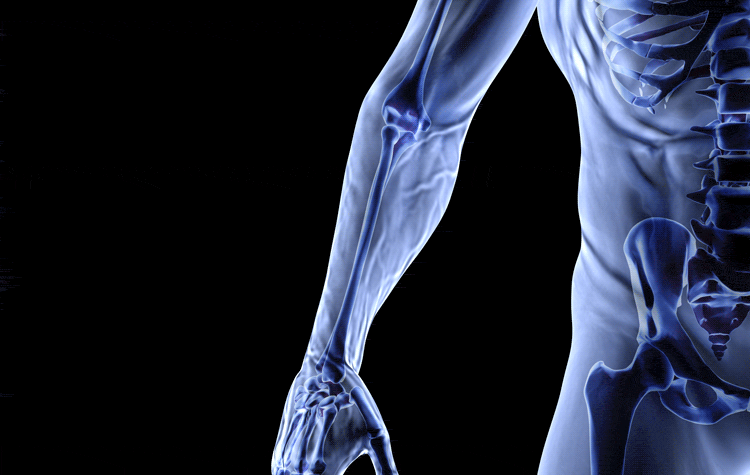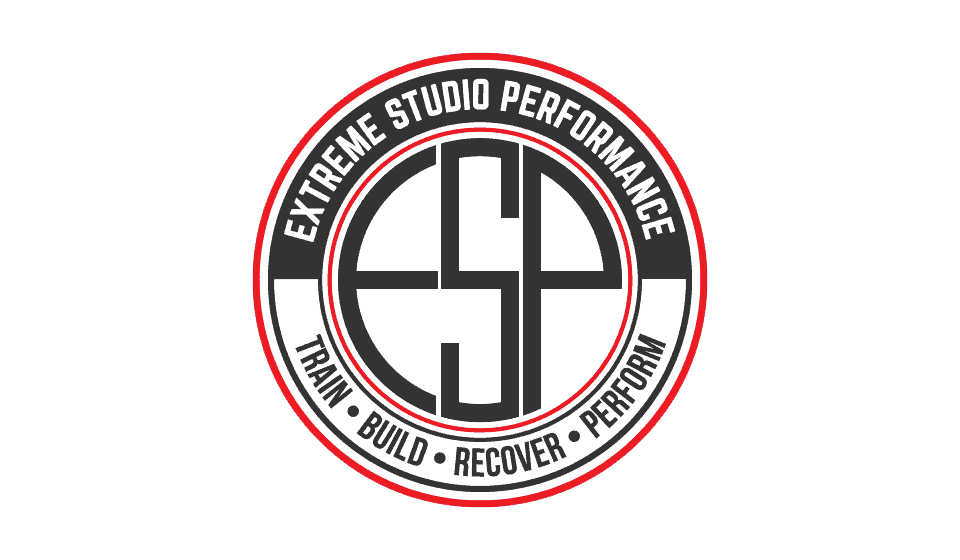
Cortisol, (referred to as the stress hormone) is a steroid hormone that is produced by the adrenal glands. Cortisol counter acts fat storing effects of insulin by accelerating the process of gluconeogenesis, a way to make glucose (energy) from non-carbohydrate sources including making glucose from amino acids. Amino Acids that can be converted into glucose include glutamine, valine, arginine, alanine and cystine. As such it is very important to maintain the entire amino acid pool or blood levels of all proteins during times of intense physical training as well as mental and emotional stress. Cortisol also helps to regulate blood pressure, immune response, pain and inflammation. It also helps stabilize or maintain blood sugar, memory, focus and homeostatis, as well as the metabolism of proteins.

It would seem that with growth hormones and testosterone someone would want to find ways to actively increase Cortisol secretion and production. The way that Cortisol steps right in to defend the body in stress, bodybuilders should focus on decreasing the activity and prolonged elevation of Cortisol. As valuable as Cortisol is it is also referred to as the “death” hormone. High levels of this stuff will hinder your efforts to build and repair lean muscle tissue because it accelerates muscle breakdown and enhances fat storage, especially in the abdominal area. While Cortisol secretion occurs normally and increases with physical and emotional stress, a constant elevation of Cortisol could be compared to a fire alarm that cannot be turned off.
The production of Cortisol cannot be stopped (and you should not want it to). But the alarm is turned on constantly from the direct result of the physical and mental rigors of daily workout routines. Depending upon how rigorous your workout routines are, you could be elevating Cortisol levels that can accelerate muscle tissue breakdown, increase blood pressure, reduce your immune system response, decrease fat burning, cause fatigue, reduce testosterone production, inhibit lean muscle growth, and increase various inflammatory biomarkers in the blood which cause muscle fatigue and slows recovery. In addition to all of these problems, as a direct result of Cortisol deregulating normal physiological processes, your internal balance or homeostasis is in a constant battle to protect itself from a system going into chaos.
Staying Ahead of Cortisol
As someone who works out extensively, you have the components of your body building program in place, your workout routine, your diet and your supplement intake. To increase your potential for growth, you may also want to counteract the effects of your most deadly innate opponent. In other words by changing a few things in your protocol, you can beat Cortisol at its own game.
Beating Cortisol
Cortisol levels tend to peak (50%-160%) upon awaking in the morning and then again later in the night, before bedtime. For these reasons it may be better to work out in the afternoon or early in the evening. High intensity exercise increases Cortisol production, therefore you should not over train, as over-training can cause muscle fatigue and reduced recovery.
Diet
Make sure that you consume 5-6 small meals a day to get the calories that you need for growth. Even Just eating one or two high calorie paced meals can raise Cortisol levels. In a recent study of the New England Journal of Medicine, seven men consumed 2,500 calories a day for a two week period in three meals. After converting these meals into 17 daily small portions, equaling 2,500 calories, consumed every hour, researchers found that LDL cholesterol dropped by 14%, insulin by 28%, and Cortisol by 17%. Consuming smaller amounts of calories throughout the day is beneficial. A drastic reduction in calories can set off stress signals and accelerate Cortisol production. Current data shows that by suddenly decreasing calories by 50%, Cortisol increases by 38%. In order to spike insulin it is best to ingest a carbohydrate and protein right after a workout. This drives nutrients into muscle cells, encouraging growth and improved protein synthesis. Insulin also helps to pull Cortisol from the bloodstream. While this is great after a workout, this is not a good idea before bedtime, due to the fact that your metabolic rate begins to wind down. During this time the elevation in insulin can lead to increased fat storage. It is also best to limit caffeine intake as some studies show that caffeine stimulates Cortisol release by increasing ACTH release from the pituitary gland. ACTH (andrenocorticotropic hormone) is the hormone that stimulates the adrenal cortex to release glucocorticoids (like Cortisol).
Supplements You may also want to add the current supplements to your diet.
Vitamin C
In a recent study, German researchers administered 1,000 mg/d of time released vitamin C to 60 healthy adults. At the end of this 14 day trial the group that received the vitamin C had a reduced systolic and diastolic blood pressure, better responses too psychological stress and less drastic Cortisol swings.
DHEA
Dehydroepiandrosterone (DHEA) is the most abundant hormone in the human body. Evidence shows that DHEA puts the brakes on Cortisol production. Like Cortisol, DHEA is secreted by the adrenal glands and regulates how you adapt to stress. As stress goes up and Cortisol rises, the body increases DHEA production to counter rising Cortisol levels. Researchers at the University of Pittsburg tested the benefits of the anti stress hormone DHEA by administering 200 mg of DHEA for 25 days to study subjects. The result was that DHEA reduced Cortisol levels by 26%. Researches now know that during chronic overtraining and improper rest and recovery, the body continues to make increasingly greater amounts of Cortisol, while reducing DHEA levels. The above studies show why it is important that the Cortisol-to-DHEA levels are balanced.
Phosphatidylserine
In a recent study conducted at the University of Naples, researches designed exercise programs to induce excess Cortisol production. In this study, participants were given 50-75mg of supplemental phosphatidylserine (PS) on 3 separate days. Phosphatidylserine lowered ACTH levels by 33%-45%. Researchers at California State University looked at how PS regulated stress hormones, muscle soreness, and recovery improved in experienced weight lifters, given 800 mg of PS four times a week for two weeks, and Cortisol levels dropped by 20%. According to Dr. Edmund Burke and Dr. Thomas Fahey, two well known sports nutrition experts, PS forms an integral part of all cellular membrane structures and helps prevent delayed onset muscle soreness (DOMS). By reducing the buildup of calcium ions in muscle tissue, PS can slow inflammation caused by Cortisol. Simply put these researchers maintain that PS helps to speed recovery and reduces muscle soreness.
Ginkgo Biloba
While Ginkgo is known for improving memory, new research has revealed that 120mg can slow down elevated levels of morning and night time Cortisol levels. Other supplements that can assist in modifying Cortisol production are glutamine, melatonin, branch chain amino acids (BCAA), kava-kava, tyrosine, threonine, and magnolia bark.
Sex
Some studies indicate that that sexual activity reduces stress and lowers levels of circulating Cortisol.
Closing
Cortisol is not called the death hormone for no reason. While your concern may be with the benefits of testosterone and reducing estrogen, you should also focus on ways to minimize the destructive nature of too much Cortisol.
